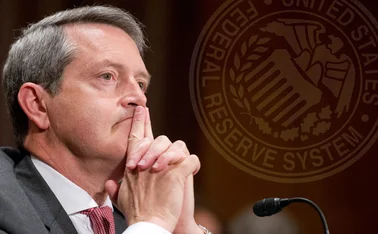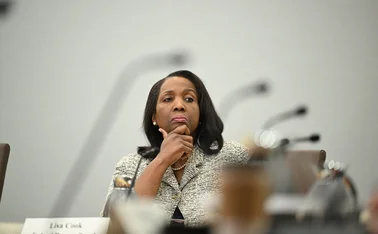
Papua New Guinea reforms central bank and forces out governor
Law changes board and policy framework, and allows central bank financing

A wide-ranging reform to Papua New Guinea’s central bank law has provoked criticism from former governor Loi Bakani, who was effectively forced out of office by its provisions.
The Central Bank (Amendment) Act 2021 was passed in a single day by the country’s parliament on December 2. The leader of the opposition supported the measure, and it appears to have passed unanimously.
The law reduces the governor’s term from between five to seven years to four years. It also limits the governor to two
Only users who have a paid subscription or are part of a corporate subscription are able to print or copy content.
To access these options, along with all other subscription benefits, please contact info@centralbanking.com or view our subscription options here: www.centralbanking.com/subscriptions
You are currently unable to print this content. Please contact info@centralbanking.com to find out more.
You are currently unable to copy this content. Please contact info@centralbanking.com to find out more.
Copyright Infopro Digital Limited. All rights reserved.
As outlined in our terms and conditions, https://www.infopro-digital.com/terms-and-conditions/subscriptions/ (point 2.4), printing is limited to a single copy.
If you would like to purchase additional rights please email info@centralbanking.com
Copyright Infopro Digital Limited. All rights reserved.
You may share this content using our article tools. As outlined in our terms and conditions, https://www.infopro-digital.com/terms-and-conditions/subscriptions/ (clause 2.4), an Authorised User may only make one copy of the materials for their own personal use. You must also comply with the restrictions in clause 2.5.
If you would like to purchase additional rights please email info@centralbanking.com







